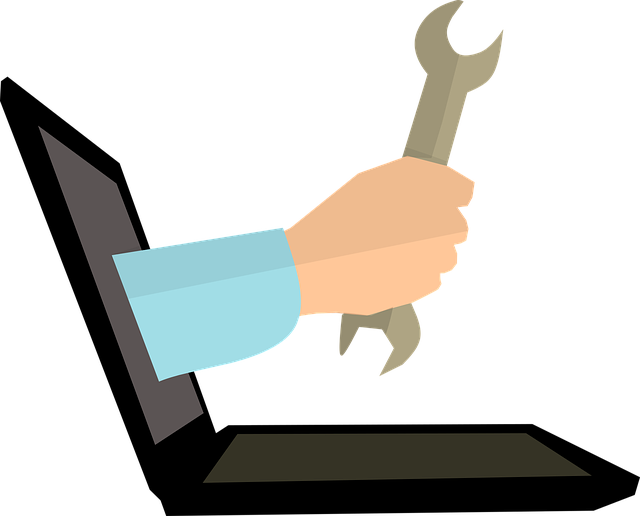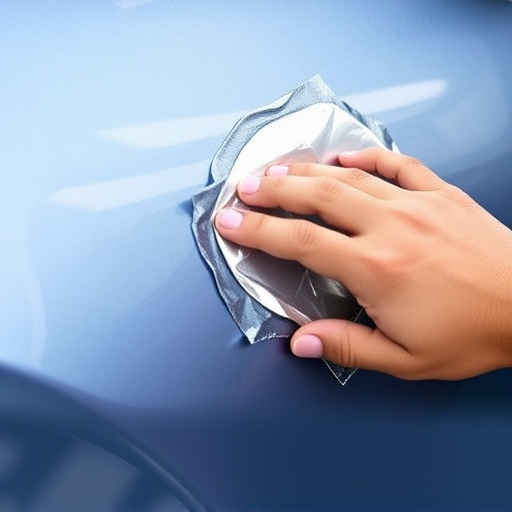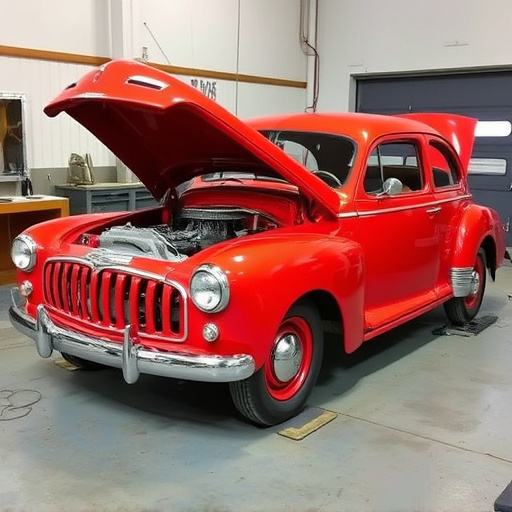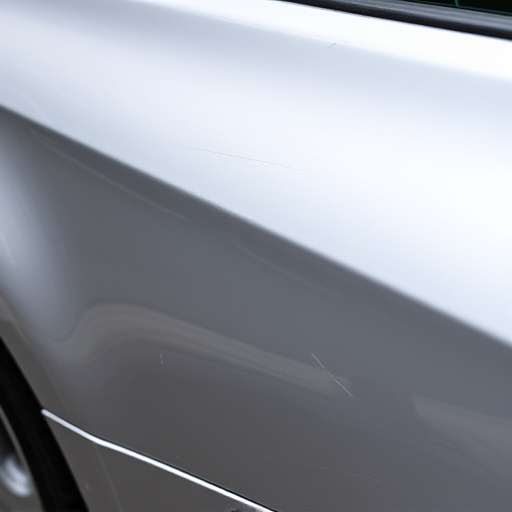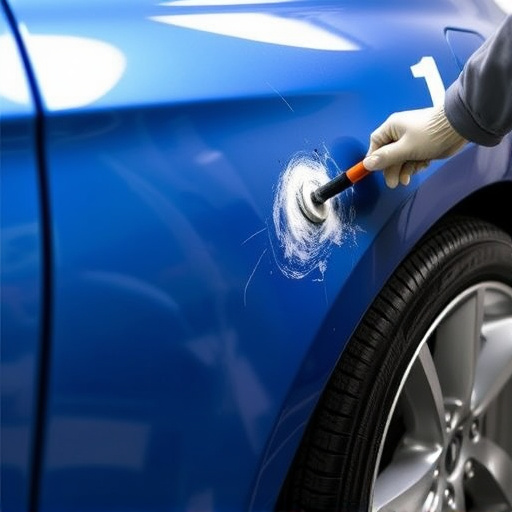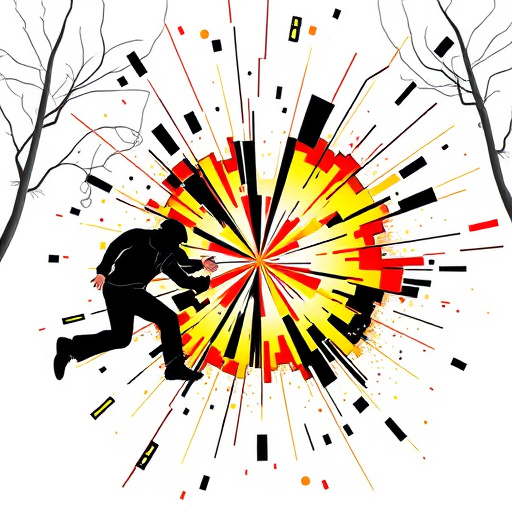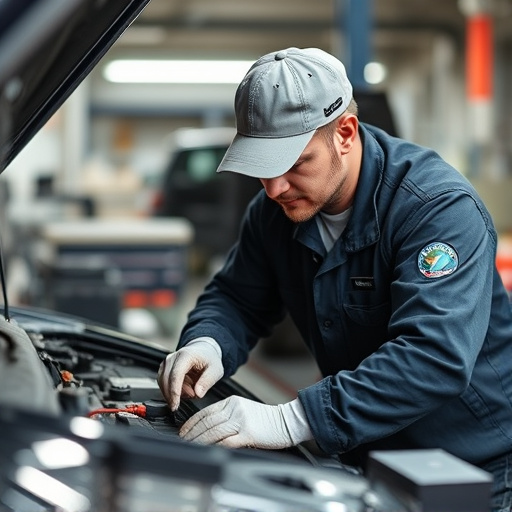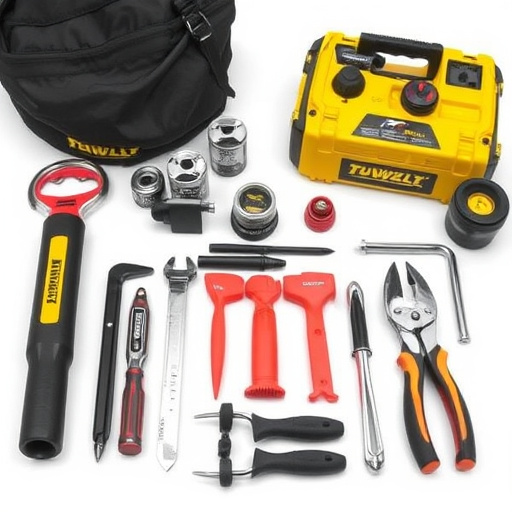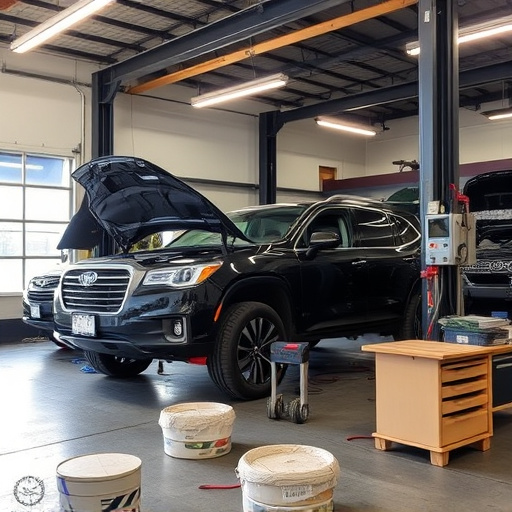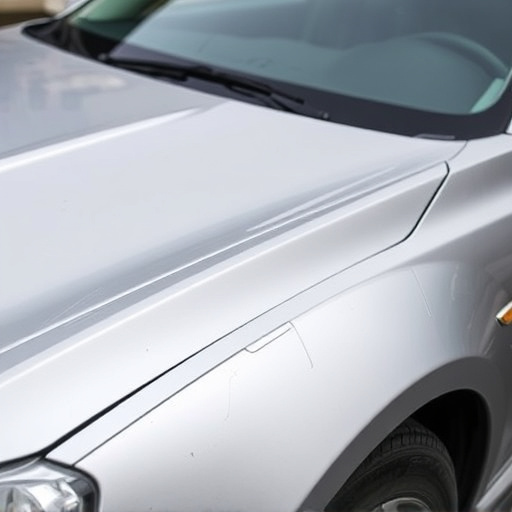Dashboard repair collisions are common in today's auto industry, especially for luxury vehicles. Effective training is crucial to minimize downtime and enhance customer satisfaction. Balanced programs combining technical instruction and pressure problem-solving prepare teams for real-world challenges. Interactive workshops, case studies, and hands-on practice sessions foster knowledge and confidence. Evaluating success through clear objectives, performance assessment, expert feedback, and trend adaptation ensures competent teams capable of handling complex dashboard repair collisions.
Training teams to tackle dashboard repair collision challenges is vital for any automotive business. This comprehensive guide delves into the intricacies of understanding common dashboard repair issues, developing tailored training strategies, and implementing effective programs. By equipping employees with the necessary skills, organizations can enhance customer satisfaction and streamline service processes. Through practical insights on identifying and resolving dashboard collisions, this article offers a roadmap to successful team development and improved operational efficiency.
- Understanding Dashboard Repair Collision Challenges
- Developing Effective Training Strategies
- Implementing and Evaluating Training Programs
Understanding Dashboard Repair Collision Challenges
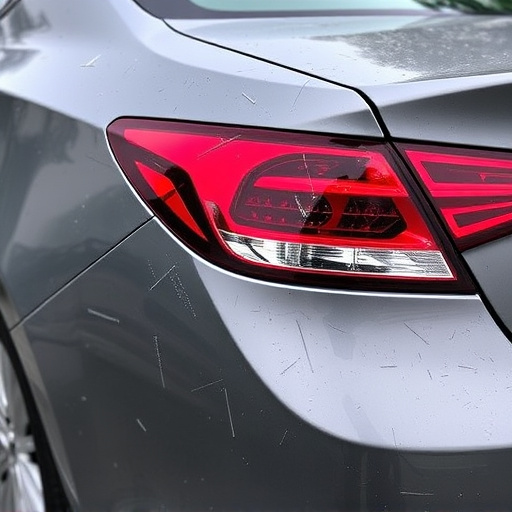
Dashboard repair collision challenges are a common occurrence in today’s fast-paced world, where vehicles are involved in accidents at an alarming rate. Understanding these challenges is the first step in equipping teams to handle them effectively. When a vehicle suffers a dashboard repair collision, it often involves complex components such as sensors, displays, and control modules that require specialized knowledge and tools to fix accurately.
In many cases, auto collision centers report that dashboard issues are among the most frequent problems arising from collisions. This is particularly true for luxury vehicle repairs, where sophisticated technology and intricate designs necessitate precise and experienced handling. Recognizing these challenges, organizations must invest in comprehensive training programs that prepare teams to navigate the complexities of dashboard repair, ensuring customer satisfaction and minimizing downtime for vehicles.
Developing Effective Training Strategies
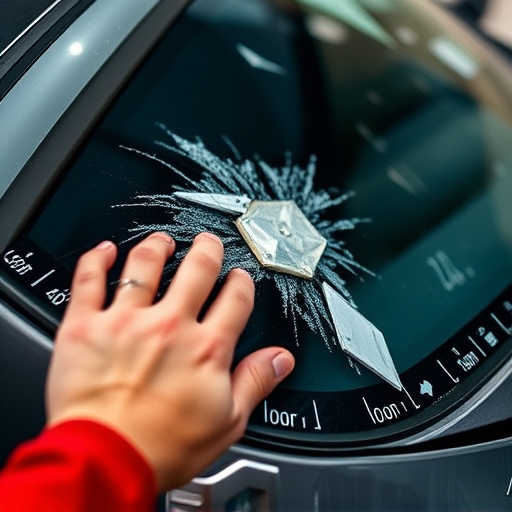
When crafting training programs for teams tasked with handling dashboard repair collisions, it’s crucial to develop strategies that cater to both technical proficiency and situational awareness. The goal is to prepare them effectively for real-world challenges they’ll encounter in auto maintenance and vehicle restoration settings. This involves not just teaching the mechanics of dashboard repairs but also refining their problem-solving skills under pressure.
Interactive workshops, case study analyses, and hands-on practice sessions are effective methods. These approaches allow trainees to navigate complex scenarios, fostering a deeper understanding of dashboard repair collision management. By combining theoretical knowledge with practical experience, these strategies ensure that the team is not only equipped to handle immediate issues but also prepared for evolving challenges in vehicle repair services.
Implementing and Evaluating Training Programs
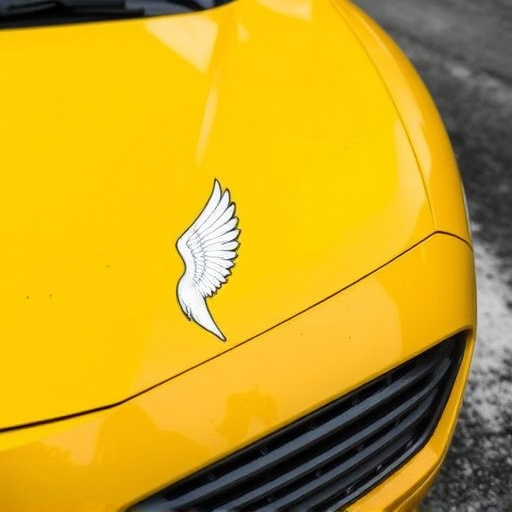
Implementing effective training programs is a cornerstone when preparing teams to handle dashboard repair collision challenges. These programs should be meticulously designed to cover various aspects of automotive collision repair, focusing on both theoretical knowledge and practical skills. The curriculum must include topics such as car bodywork restoration techniques, safety protocols for handling damaged dashboards, and the latest tools and technologies in automotive repair. Interactive workshops and simulations can significantly enhance learning outcomes by providing hands-on experience with real or replica dashboard repair scenarios.
Evaluating the success of these training initiatives is equally vital to ensure continuous improvement. This involves setting clear objectives and metrics, regularly assessing participant performance through practical exams and feedback sessions, and gathering insights from industry experts. By integrating these evaluation methods, training programs can adapt to emerging trends in dashboard repair collision management, ultimately fostering a competent and confident team equipped to tackle complex automotive collision repair tasks.
Training programs that effectively address dashboard repair collision challenges are essential for modern automotive teams. By understanding the complexities of these issues, implementing strategic training methods, and continuously evaluating performance, workshops can become dynamic learning environments. This approach ensures that technicians are well-equipped to handle various dashboard repair scenarios, ultimately enhancing customer satisfaction and vehicle longevity. With the right focus on education and skill development, teams can navigate the landscape of dashboard repairs with confidence and precision.
